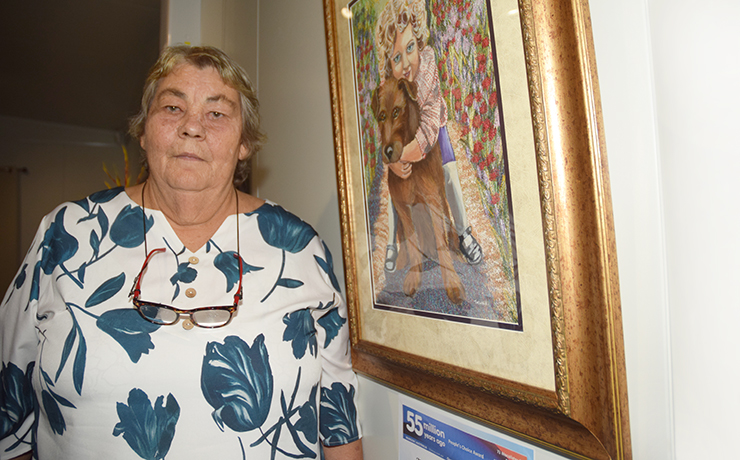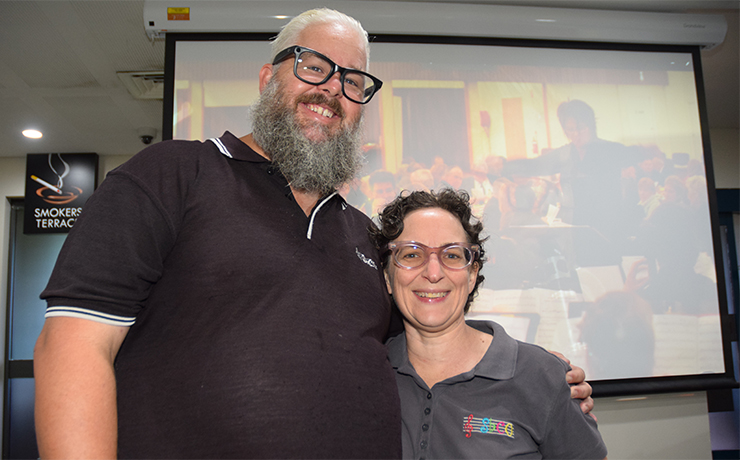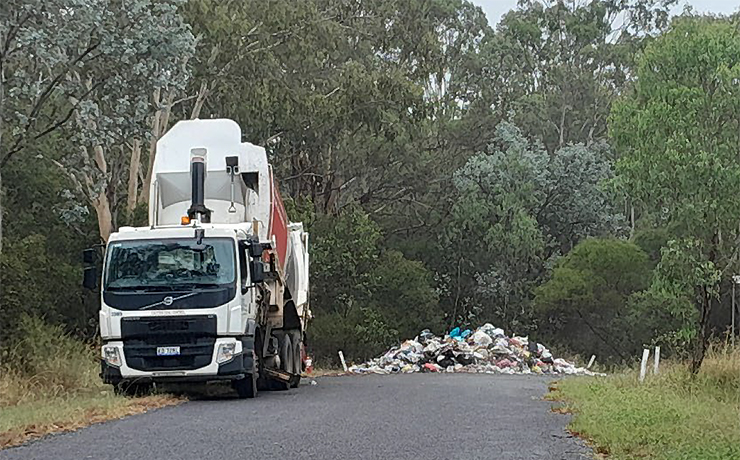
March 18, 2015
Lowering English language requirements for workers on 457 visas will pose a safety risk in dangerous industries, the Electrical Trades Union warned today.
The union says changes announced today by Assistant Minister for Immigration and Border Protection Michaelia Cash to the temporary skilled migration program could lead to a reduction in the standard for reading, writing, comprehension and spoken English.
The current system requires workers to score a mark of at least five in each area. The new system is based on an average mark of five across all categories, with a minimum 4.5 in each category.
“Many of the industries that are the heaviest users of workers on the 457 visa scheme are extremely dangerous, with high chances of injury or even death when tasks are not carried out appropriately,” ETU spokesman Allen Hicks said.
“Lowering the English language requirement, so that workers with lower reading, writing, comprehension or speaking skills are approved … is a recipe for disaster.”
The change is one of many recommended by an independent review into the 457 visa program.
Other recommendations include:
- Criminalising fraudulent behaviour by employers – employers will be banned from accepting payments in return for sponsoring 457 visa-holders.
- Extending the period in which employers can request 457 workers from three years to five.
- Enabling better cross-checking between government agencies, eg the Australia Tax Office and the Immigration Department, to ensure visa holders are being paid correct wages.
Senator Cash said there were more than 107,000 visa holders in Australia at the moment.
And despite union claims to the contrary, the review had found no evidence of widespread rorting of the system, she said, with less than 100 cases detected.
ACTU secretary Dave Oliver said the changes amount to “tinkering at the edges”.
The peak union body has called for a Senate inquiry into the 457 visa system.
“With unemployment at 6.4 per cent and youth unemployment at 14.2 per cent, the government should be strengthening the rules for employers to hire local workers and investing in skills and training,” Mr Oliver said.
And business isn’t totally happy with the changes, either.
Australian Chamber of Commerce and Industry CEO Kate Carnell criticised the decision not to abolish market testing requirements.
This means employers will still have to advertise vacancies before applying to take on a skilled migrant worker.























